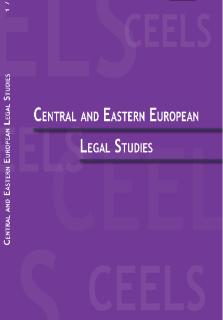
TEN YEARS OF THE ECHR PROTOCOL 12:
THE BALKANISATION OF NON-DISCRIMINATION
ŽIVORAD RAŠEVIĆ
Lt. Col., Legal Service, B&H Armed Forces, PhD Union University Belgrade
E-mail: zrasevic@yahoo.com
This paper investigates the theoretical, practical, judicial and legislative effects of Protocol 12 to the European Convention on Human Rights (General Prohibition of Discrimination) in the first decade of its implementation, involving three Balkan states: Bosnia and Herzegovina, Croatia and Serbia. It points out the deficiencies of this institution: slim international acceptance; theoretical controversies; modest and unconvincing case law; lack of internal mechanisms and factual difficulties in its implementation. The results include theoretical findings about its autonomous implementation; exceptionаl subsidiary implementation in regard to the European Convention on Human Rights' Article 14 (Prohibition of Discrimination); its ambiguous nature, ranging between an individual substantive right and an accessory principle of enjoyment of other rights. Certain theoretical and practical solutions are proposed to invigorate the general prohibition of discrimination.



















